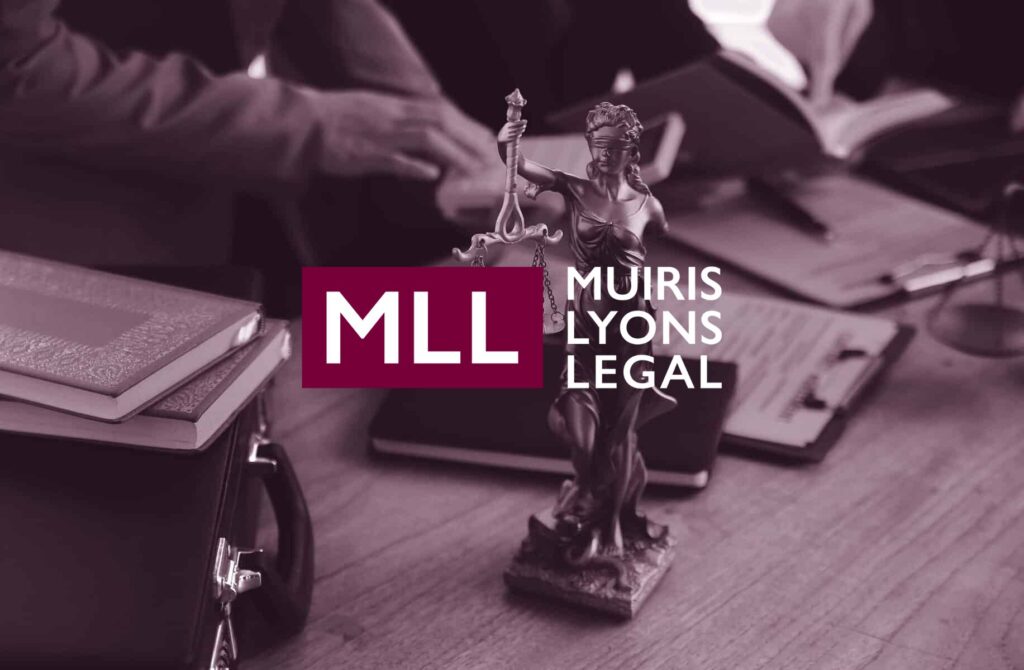Introduction
Mediation is often described as the ideal solution for sports disputes. It offers a faster, more cost-effective, and confidential alternative to litigation and arbitration. Yet, despite these benefits, it remains underutilised.
As part of my Global Master in International Sports Law at ISDE, Madrid, I conducted a study examining the current role of mediation in sports law disputes. My research surveyed leading sports mediators and lawyers across 10 jurisdictions, including CAS and Sport Resolutions panel members . The findings provide a unique and up-to-date snapshot of mediation’s effectiveness and its potential for wider adoption.
Key Findings
✅ Success Rates – Mediation remains highly effective. 65% of cases settle on the day, rising to 80% within 28 days. This aligns with previous studies (Hesse, Goodrum, Mironi), reinforcing mediation as a reliable dispute resolution method.
📈 Adoption & Growth – While CAS reported a 112% increase in mediations in 2023, and Sport Resolutions has maintained a steady caseload, mediation is still far from becoming the default dispute resolution mechanism in sport.
⚖️ Types of Cases – Mediation is widely used for contractual, governance, and sponsorship disputes. It is also gaining traction in non-doping disciplinary cases, though arbitration remains the preferred route for regulatory matters.
💻 Virtual vs. In-Person Mediation – Virtual mediation is on the rise, with some mediators conducting 70%+ of their cases online. Cost, accessibility, and scheduling flexibility are key drivers. However, many mediators still prefer in-person sessions, particularly for high-stakes disputes. The consensus? A hybrid approach is likely to remain the norm.
⚠️ Mandatory Mediation? – The profession is split. Half support mandatory mediation, while others argue that voluntary participation is key to its success. Many endorse a compromise model, where parties must at least considermediation before proceeding to arbitration or litigation.
Challenges & The Road Ahead
Respondents identified lack of trust, emotional involvement, and reluctance from governing bodies as key barriers to mediation’s wider adoption. However, many believe that increased education, contractual integration, and institutional support could significantly boost mediation’s role in sports disputes.
This research provides the most up-to-date global analysis of mediation in sports disputes. For governing bodies, legal practitioners, and mediators, it offers valuable insights into the future of sports dispute resolution.
📖 If you’re interested in the full research or want to discuss how mediation can help resolve your sports dispute, feel free to reach out!

